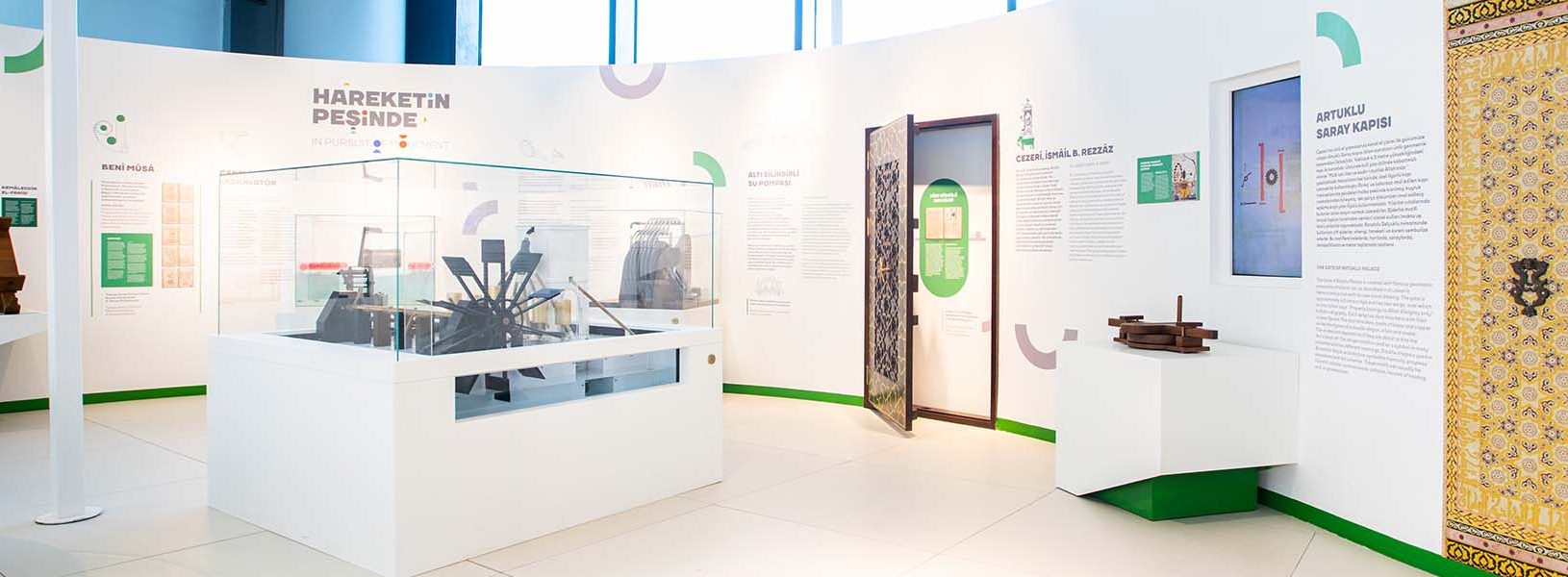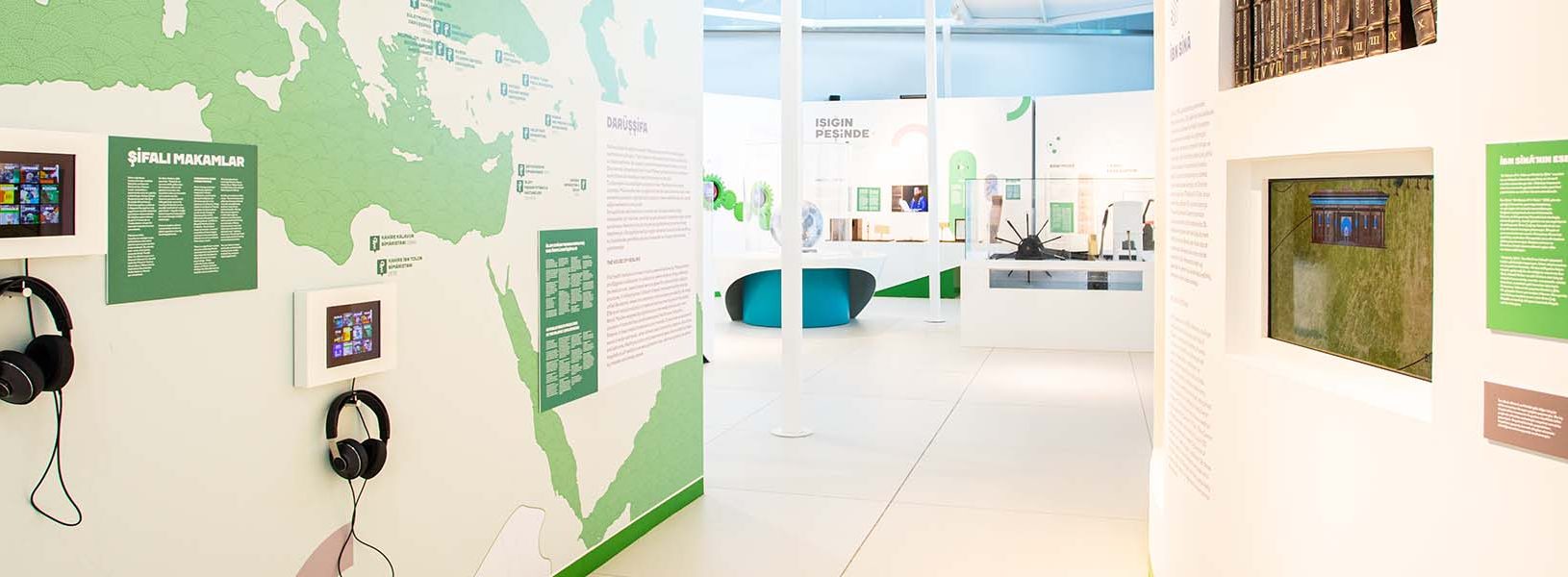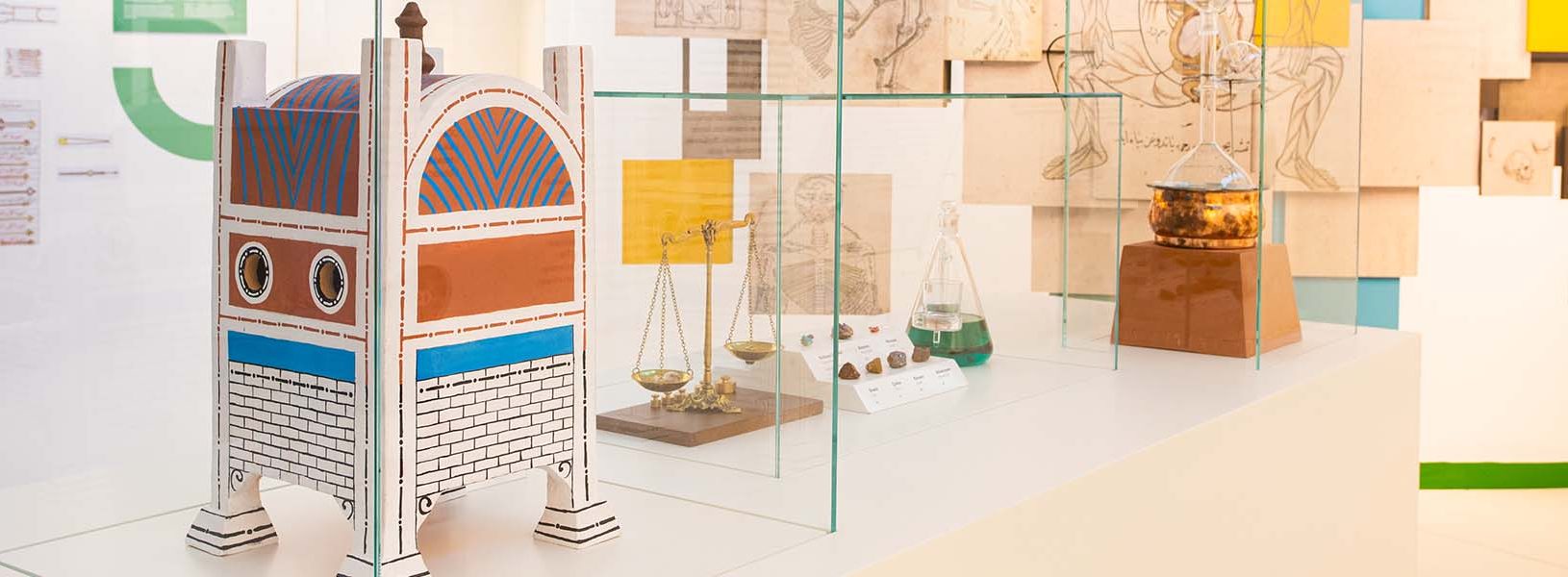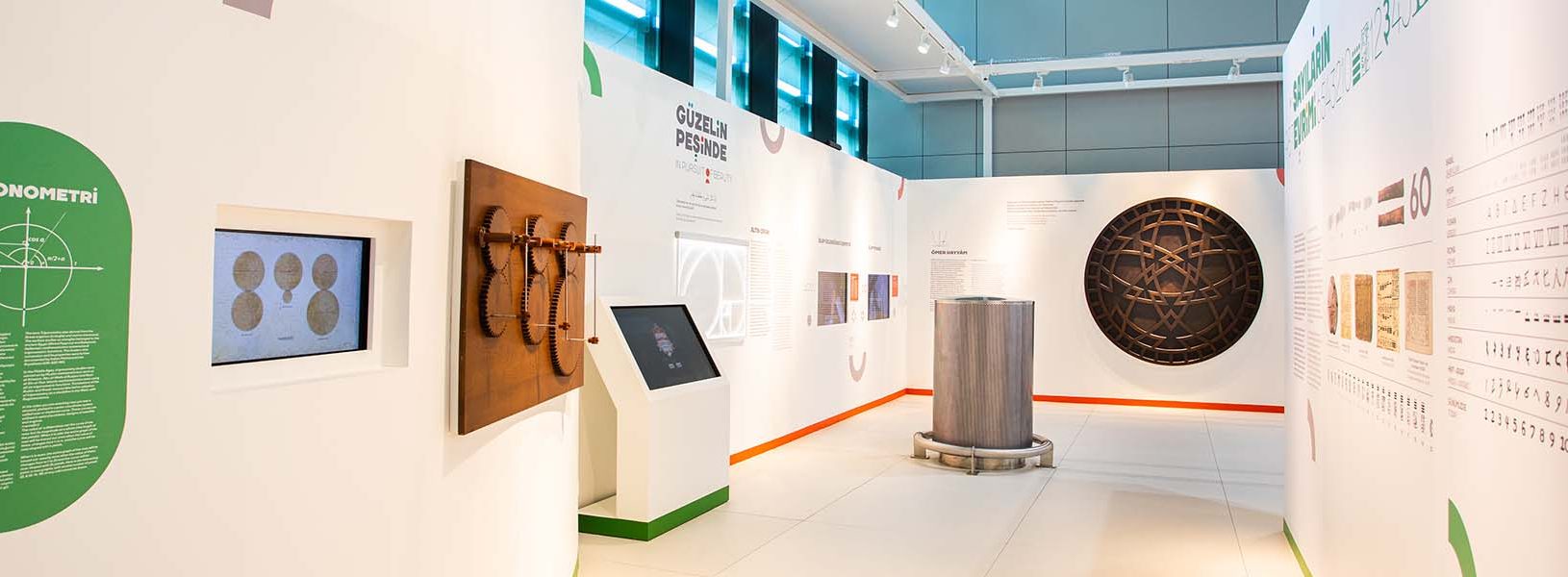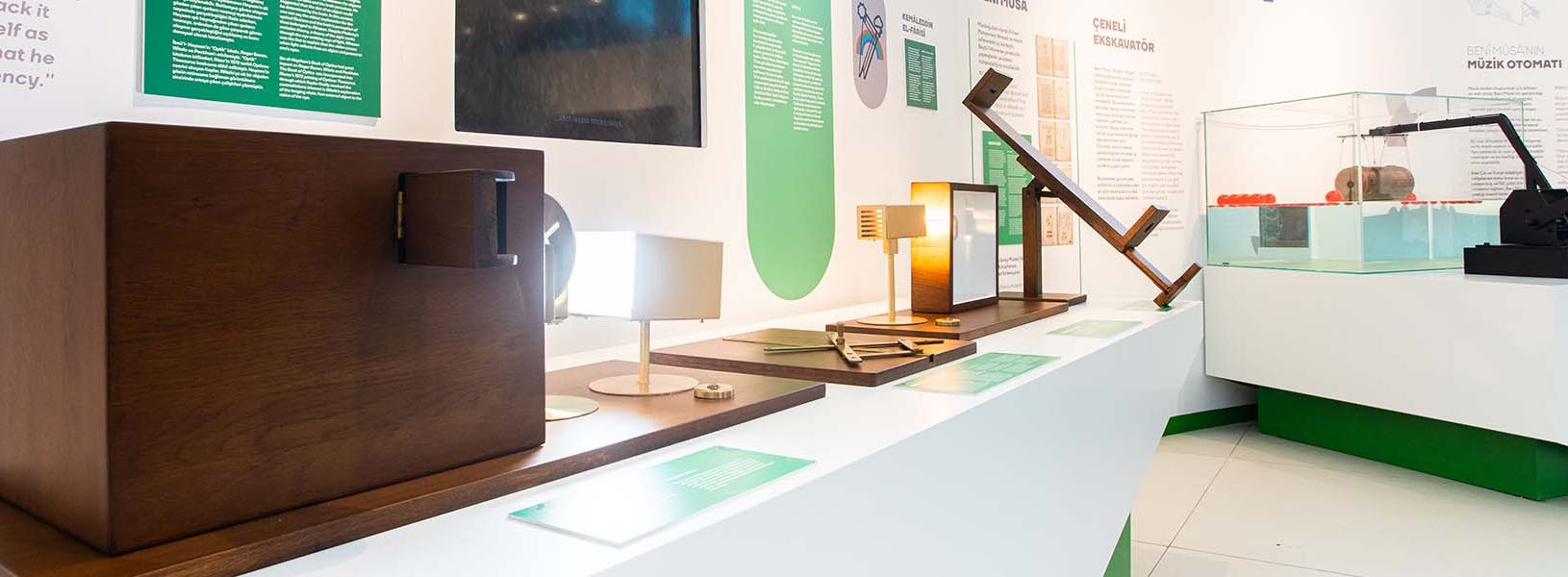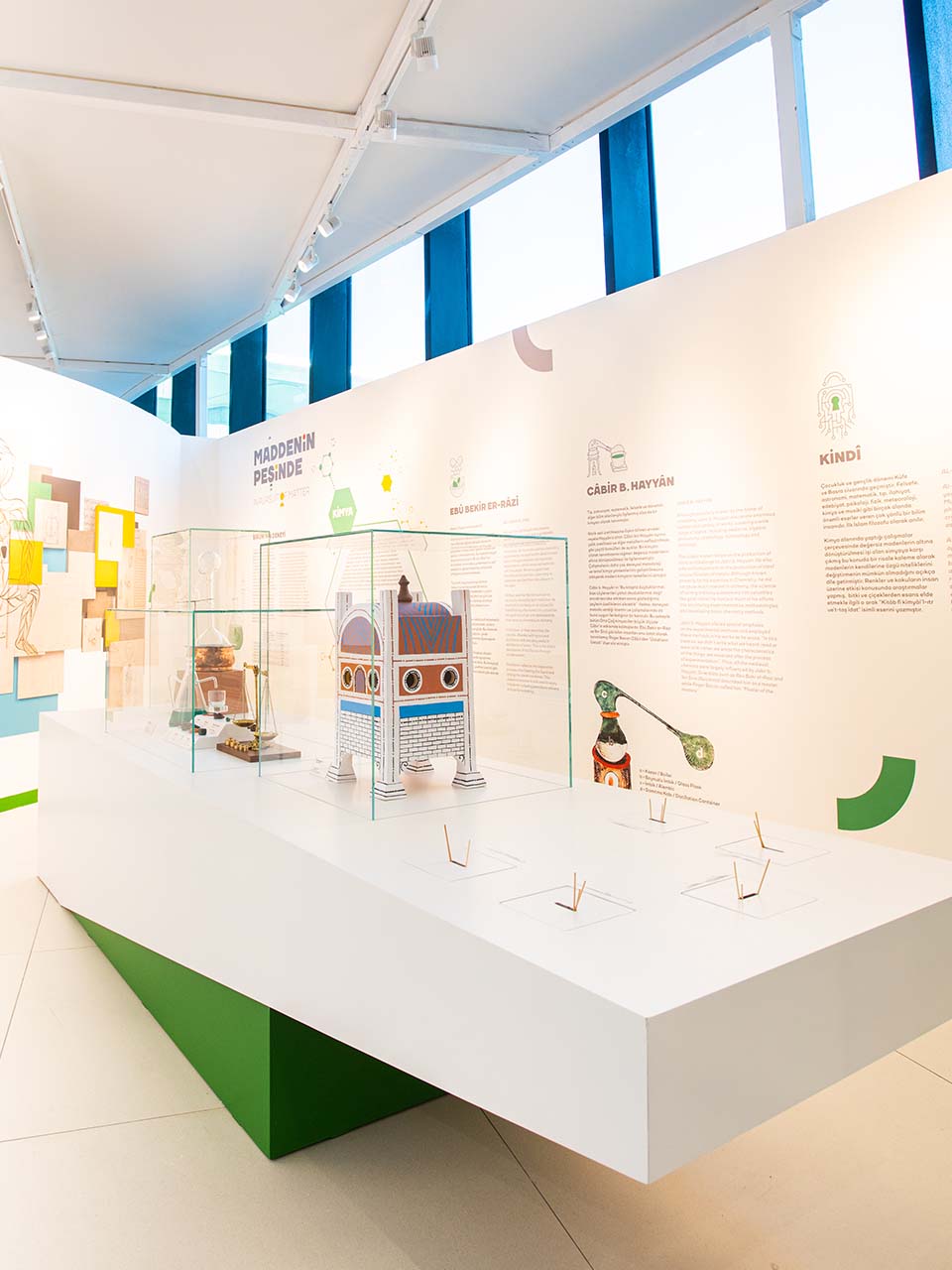
FRAGRANCE
The history of fragrance starts with the antique ages. Old tablet scripts found in ancient Egypt, stone inscriptions at Palace of Darius in Persepolis, archeological findings on the Chinese, Indian, Babylonian, Nineveh and Anatolian civilizations provide us with clear ideas on the history of perfume. Particularly one of the Abbasid chemists Jabir b. Hayyan and al-Kindi, who wrote treatises on the fragrance and production of fragrance are among the most distinguished scholars on the subject.
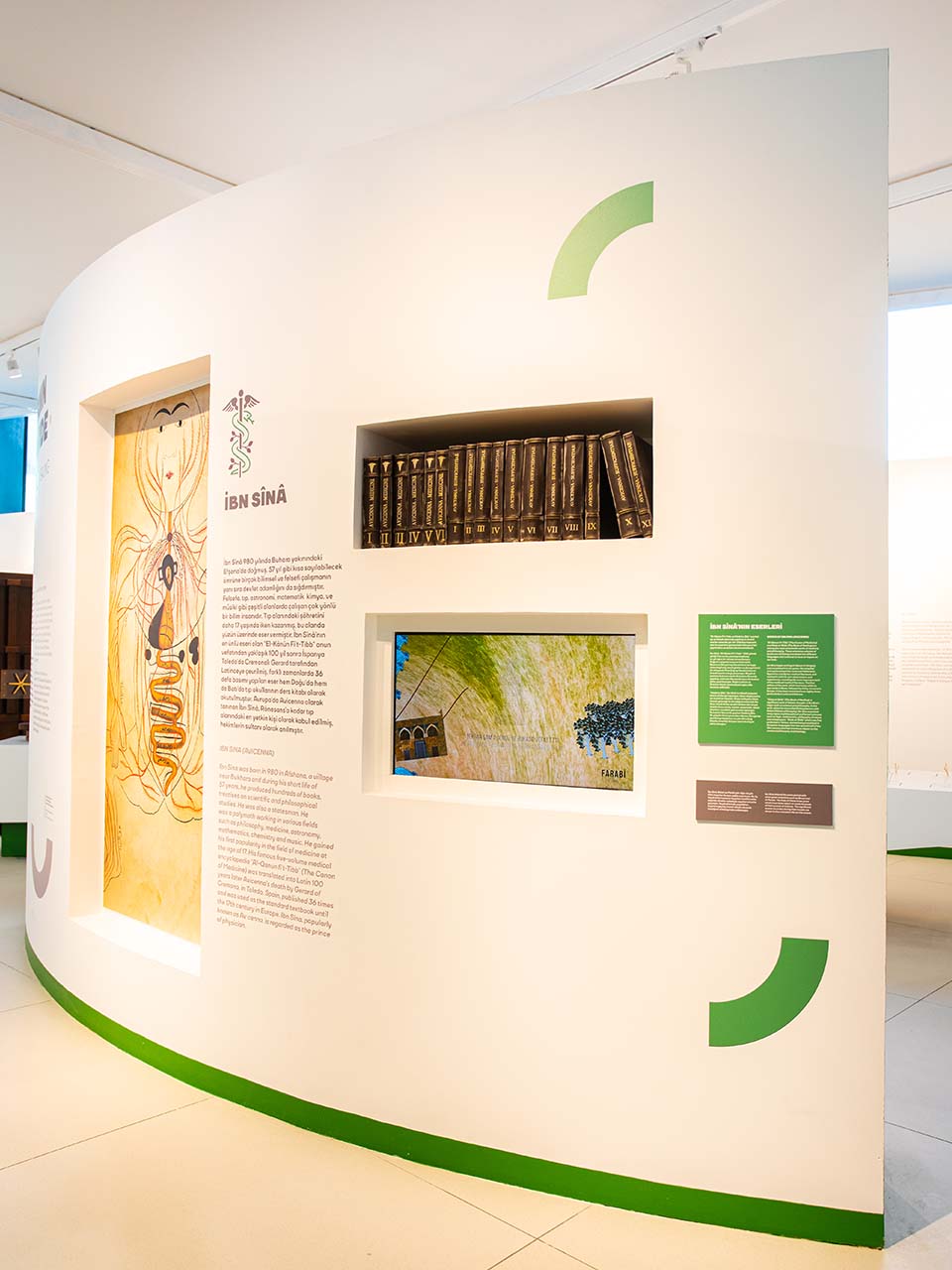
IBN SINA (AVICENNA)
Ibn Sina was born in 980 in Afshana, a village near Bukhara and during his short life of 57 years, he produced hundreds of books, treatises on scientific and philosophical studies. He was also a statesman. He was a polymath working in various fields such as philosophy, medicine, astronomy, mathematics, chemistry and music. He gained his first popularity in the field of medicine at the age of 17. His famous five-volume medical encyclopedia “Al-Qanun fi’t-Tibb” (The Canon of Medicine) was translated into Latin 100 years later Avicenna’s death by Gerard of Cremona, in Toledo, Spain, published 36 times and was used as the standard textbook until the 17th century in Europe. Ibn Sina, popularly known as Avicenna, is regarded as the prince of physician.

CLAMSHELL EXCAVATORS
In their principle book “Kitab al-Hiyal” (Book of Ingenious Devices), Banu Musa described the clamshell excavator, the last invention in their book. This mechanism is used to extract ore from the sea or to remove objects that have fallen into the well or water. This mechanism can be regarded as aprimitive ancestor of the excavator, one of today’s construction machines.
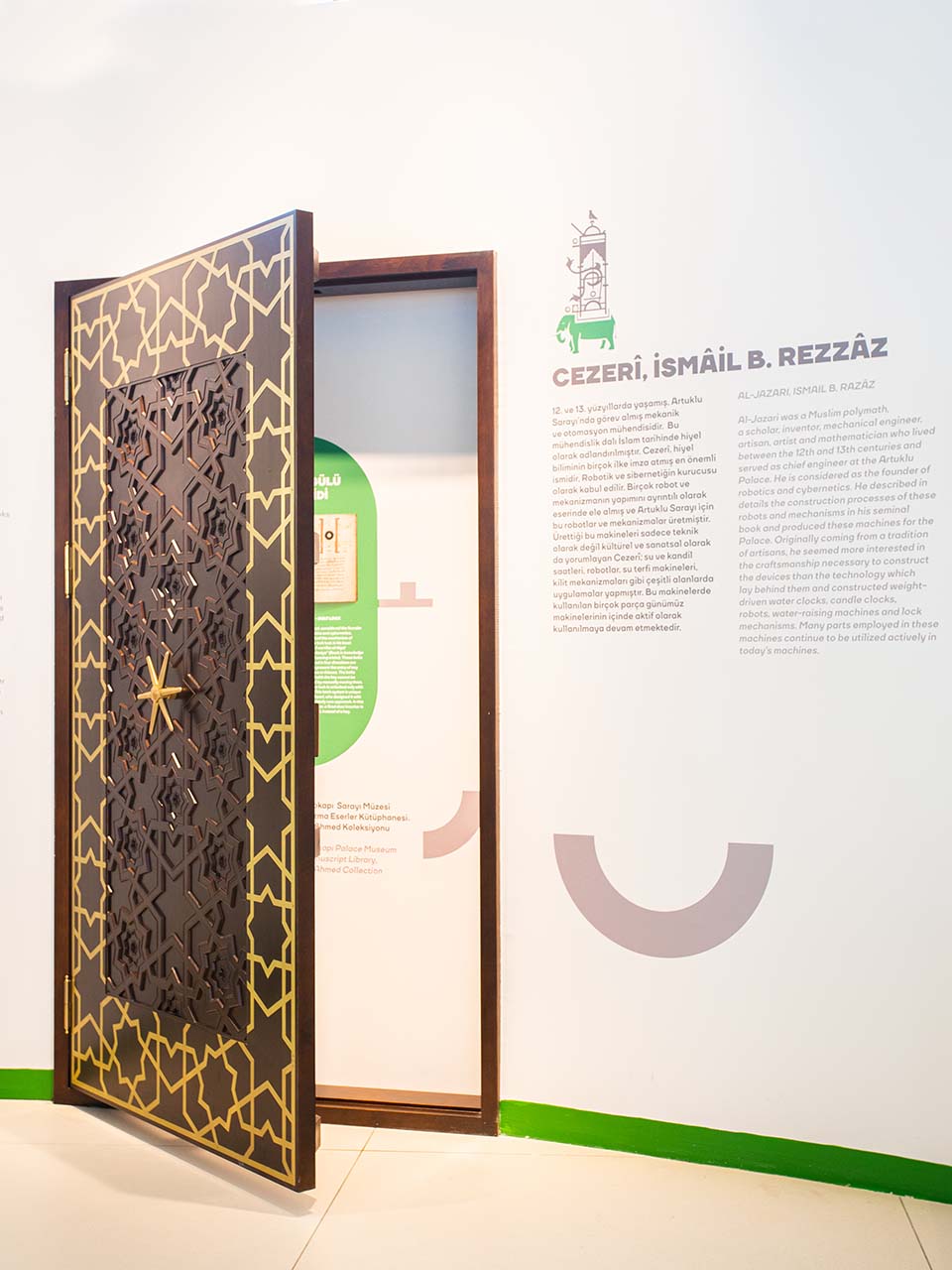
FOUR – BOLT LOCK
Al-Jazari, considered the founder of robotics and cybernetics, described the mechanism of his four bolt lock in his book “Kitab fi ma’rifat al-hiyal al-handasiya” (Book in knowledge of engineering tricks). These bolts designed in four directions are built to prevent the entry of any intruders or thieves. The bolts locked with the key cannot be opened by manually moving them, the lock is unlocked only with a key. This latch system is unique to Al-Jazari, who designed it with a completely new approach. In this model door, a fixed door knocker is employed, instead of a key.

SIX CYLINDER PUMP
Born in Damascus in 1526, Taqi al-Din was an Ottoman polymath, author of many books in various subjects including astronomy, clocks, engineering, mathematics, mechanics. He also provided valuable knowledge on hydraulic mechanisms. In “Al-Turuq al-Samiyya fi al-Alat al-Ruhaniyya” (The Sublime Methods of Spiritual Machines), Al-Din describes two types of water-raising pumps, one of which resembles the two pump engine, which was first described by al-Jazari, and the second mechanism was called six cylinder pump. The latter is a system designed to carry water to a higher level on a river.

OPTICS
As a sub-discipline of the science of physics, it is the field of research that investigates the motion, structure, properties of light and its interaction with other materials. The first research endeavors in this discipline, also called ”ilm-i menazir” began in the Islamic Civilization with the translation of the Greek and Hellenistic on the 9th century. . Early optical research in Islamic Civilization was carried out by Kusta b. Luka and Ya’qub b. Ishaq al-Kindi and Ibn al-Haytham was the first science to formulate the discipline in modern sense.
HUMANKIND
In Islamic civilization, humankind is considered a small universe that cosmos fits into it. Therefore, the scientists raised into Islamic civilization, saw the relationship between the universe and the humankind as a whole and took a multi-directional approach tackling it. Ibn al-Haytham wrote philosophical epistles while working on optical theories. In addition to his philosophical research, Avicenna has published the founding books of medical science, developed ideas on music theory, and produced works in the field of logic and mathematics. While working on mathematics, numbers and cryptology, Al Kindi also penned books in physics and chemistry, and carried out philosophical works that would make him to be accepted as the first philosopher of Islam. Each of these polymath personalities, who believed that knowledge belonged to humankind rather than to an institutional structure, and that the ways of interpreting and transmitting information made humankind valuable, were regarded as institutes on their own.

